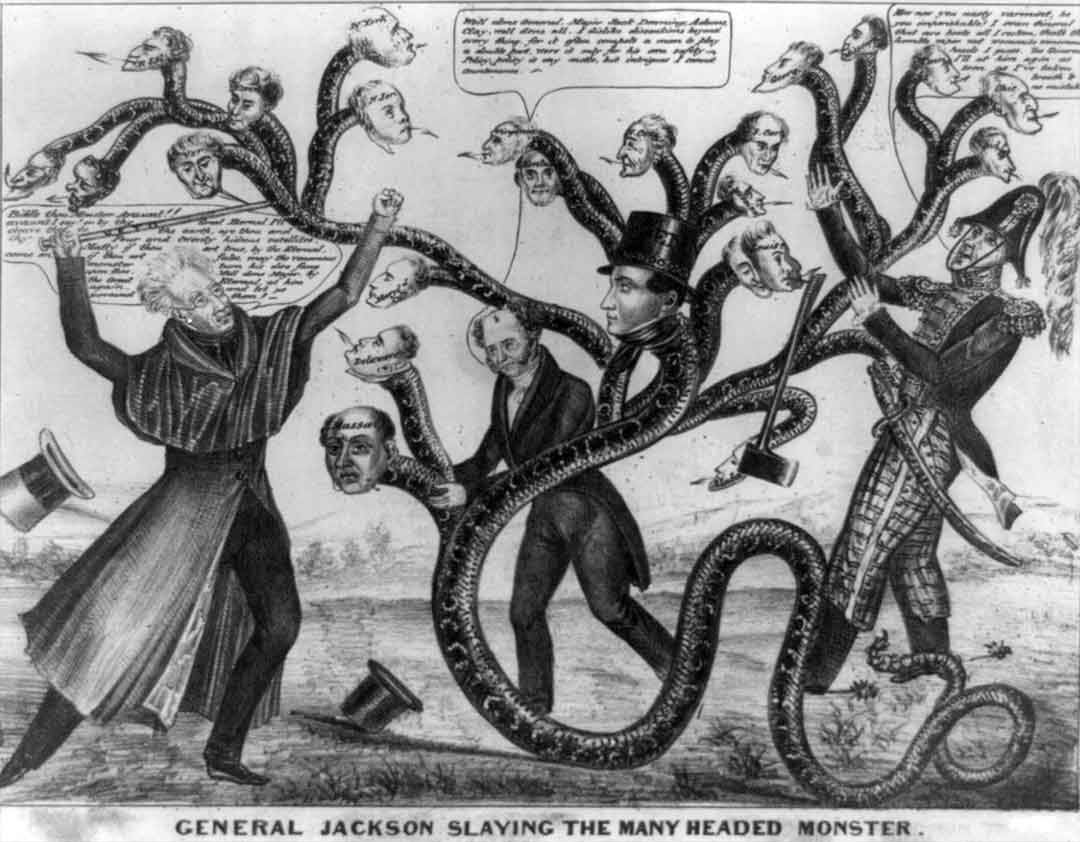Jackson and Internal Improvement

Jackson
Jackson did not have a consistent policy towards internal improvement. He supported some efforts and opposed federal involvement in others. He often used his support as a political tool.
President Andrew Jackson was conflicted about his positions on “internal improvement”. He supported the idea in theory. However, Jackson questioned both the cost of these improvements, as well as whether it was constitutional for the federal government to support internal improvement. Early in his term Jackson vetoed a bill that would have authorized the construction of what was called “the Maysville Road”. The Mayville Road was to be part of a larger national road system. The road was to pass through the hometown of Henry Clay, one of Jackson’s political rivals. The location of the proposed road did not hurt Jackson’s enthusiasm for the veto. Jackson’s veto message was ambiguous enough to be well received. President Jackson stated that he was in favor of improvements– but for improvements that were for the national good, and not merely for sectional good. Jackson also wanted to ensure that the government did not grow too large. Therefore, Jackson contended that national involvement in improvements should be limited.
Jackson’s ambiguity on the matter of improvement served him well. He did not set clear criteria. Thus he was able to approve or disapprove projects based, not only on the national good, though rather on his political needs at the time. Despite Jackson’s inclination not to support the involvement of the federal government in the internal improvement projects, those projects funded by the federal government increased rapidly during his presidency.
 >
>